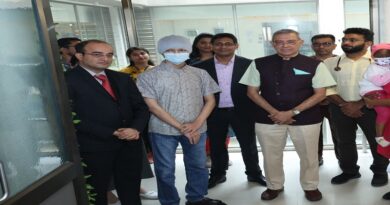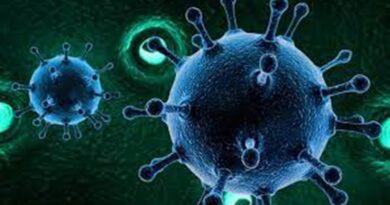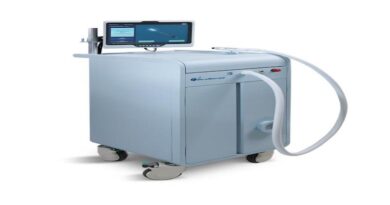Beware: The Biggest Cause of Liver Cancer

The Danger of Excess Body Fat on Your Liver
Excessive body fat, often indicated by a Body Mass Index (BMI) of 30 or above, is a major health concern known as obesity. Since 1975, the prevalence of obesity has tripled, reaching epidemic levels globally. Obesity is linked to numerous health issues, including a significant increase in the risk of various cancers, notably liver cancer.
Understanding Obesity
Obesity results from a combination of environmental, behavioral, and genetic factors. Key contributors include sedentary lifestyles, poor diets high in calories, carbohydrates, and unhealthy fats. Additionally, psychological issues, lack of sleep, certain medications, and socioeconomic factors play significant roles. The rise in obesity has been fueled by decreased physical activity and increased consumption of processed and fast foods.
How Obesity Leads to Cancer
According to experts, the relationship between obesity and cancer involves several biological processes. Chronic inflammation caused by obesity creates an environment conducive to cancer development. High levels of insulin and insulin-like growth factors (IGF) promote cancer cell growth. Moreover, excess estrogen produced by fat tissue is linked to a higher risk of various cancers. Specifically, the connection between obesity and liver cancer is concerning. As a key organ in metabolism, the liver is heavily impacted by excess body fat. Many obese individuals develop non-alcoholic fatty liver disease (NAFLD), which can progress to non-alcoholic steatohepatitis (NASH). This inflammatory liver condition can lead to liver fibrosis, cirrhosis, and ultimately, liver cancer. The risk of liver cancer in obese individuals is twice that of those with a healthy weight.
Early Signs of Liver Cancer
Early symptoms of liver cancer can be subtle and often unnoticed until the disease is advanced. These symptoms include:
- Unexplained weight loss
- Loss of appetite
- Upper abdominal pain
- Nausea and vomiting
- General weakness and fatigue
- Enlarged liver
- Yellowing of the skin and eyes (jaundice)
Given the non-specific nature of these symptoms, regular monitoring and early detection are crucial, especially for those with risk factors like obesity.
Preventing and Managing Liver Cancer
Preventing liver cancer in obese individuals requires a comprehensive approach focused on improving overall health and managing weight. Key strategies include regular exercise, a balanced diet rich in fruits, vegetables, and whole grains, and limiting processed and sugary foods. For those already diagnosed with NAFLD or NASH, medical treatments and lifestyle changes are essential to prevent disease progression. Regular screenings and liver function tests are also recommended for early detection and treatment.
Combating the obesity epidemic through medical interventions, individual lifestyle changes, and public health campaigns is critical. By raising awareness, supporting early detection, and advocating for preventive measures, we can reduce the incidence of obesity-related cancers and improve overall health.
Follow for more information.






You actually make it seem so easy along with your presentation but I in finding this topic to be really something that I believe I might never understand. It seems too complex and very broad for me. I’m having a look forward on your subsequent submit, I will attempt to get the hang of it!
Today, I went to the beach front with my children. I found a sea shell and gave it to my 4 year old daughter and said “You can hear the ocean if you put this to your ear.” She put the shell to her ear and screamed. There was a hermit crab inside and it pinched her ear. She never wants to go back! LoL I know this is totally off topic but I had to tell someone!
I believe this web site has got some really superb information for everyone :D. “Do not go where the path may lead, go instead where there is no path and leave a trail.” by Ralph Waldo Emerson.
The next time I read a blog, I hope that it doesnt disappoint me as much as this one. I mean, I know it was my choice to read, but I actually thought youd have something interesting to say. All I hear is a bunch of whining about something that you could fix if you werent too busy looking for attention.
You have remarked very interesting details! ps nice internet site.
I like what you guys are up also. Such clever work and reporting! Keep up the superb works guys I have incorporated you guys to my blogroll. I think it’ll improve the value of my site 🙂
I have been absent for a while, but now I remember why I used to love this web site. Thanks , I will try and check back more frequently. How frequently you update your web site?
Hi, I think your site might be having browser compatibility issues. When I look at your website in Safari, it looks fine but when opening in Internet Explorer, it has some overlapping. I just wanted to give you a quick heads up! Other then that, fantastic blog!